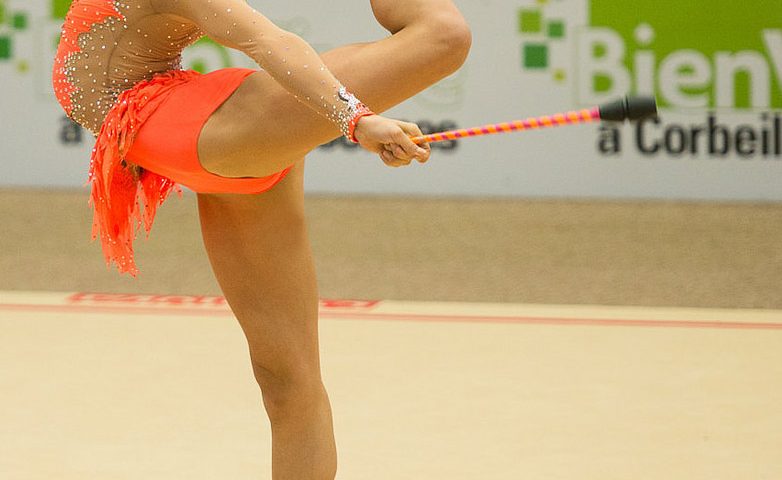Benefits of Stretching after Workouts

Piriformis Syndrome
April 7, 2016
Shin Splints
May 18, 2016
 One of the most overlooked aspects of exercise is stretching after a strenuous workout. Stretching tired and sore muscles after a workout is essential as it enhances flexibility and reduces muscle tension after a workout.
One of the most overlooked aspects of exercise is stretching after a strenuous workout. Stretching tired and sore muscles after a workout is essential as it enhances flexibility and reduces muscle tension after a workout.
Stretching should be a part of your well-balanced workout routine, given the same importance as strength and cardiovascular training.
Stretching after working out is a highly recommended practice. The benefits of stretching before a workout are often discussed, emphasizing its role in injury prevention. When you stretch after a workout, you benefit from both physiological and psychological effects.
Your muscles should be warm before you begin your stretching. Do a warmup before a workout that simulates the movements you’ll be doing in order to warm up and prepare your body. Stretch after the workout when your muscles are already warm.
Benefits of Post Workout Stretches:
Increased Flexibility
One of the foremost benefits of stretching is increased and enhanced flexibility of the different muscle groups. It helps constricted and contracted muscles release back to their more comfortable state and your body will eventually become more flexible, which can help prevent injuries
With consistent post -workout stretching, the body becomes more flexible. You will find it easier to bend, stand, squat and do a host of other flexibility related exercises, which would have otherwise not been possible. It has been seen that leg stretches done after a long run increases muscular power and endurance especially for runners.
Improved Blood circulation
When you indulge in an intense workout, the body pumps blood faster to the heart making it beat at a rapid rate. Stretching allows the body to cool down and also helps the heart beat to return to normalcy. The release of lactic acid during an intense workout is broken with stretching.
This allows muscle recovery and repair. The blood circulation to the muscles is once again resumed with stretching. This also allows the heart rate to come back to its original resting rate.
Eliminates Lactic Acid
The moment you workout muscles, the body produces lactic acid which makes the muscles fatigued and sore. Hence, it is important to stretch as stretching eliminates the lactic acid that has accumulated inside the body and also relaxes the muscles.
Boost your energy
If you stretch properly, you’ll likely notice that your energy level is steady and consistent. When the body cools down, the brain releases endorphins, a natural and healthy feel-good chemical. After a good post-workout stretch, you’ll be energized and ready to meet any challenge.
Pain Prevention
Stretching properly after a workout will not dissipate the pain but will definitely minimize it to a large extent. On the other hand, if your muscles remain tight after a workout, it increases your risk of muscle injury. Stretching can actually minimize and reduce your predisposition to injuries.
Improved Range of Motion
Muscles that have not been stretched tend to remain constricted which prevents you from using them to their full capacity.
If you use your muscles and stretch them after a workout, you will be able to utilize the same muscles towards a greater range of motion. This will get your better results because you will have used your muscles to their maximum capacity.
Increased Muscular Coordination
Enhanced muscle coordination is a common benefit of stretching, especially for people participating in strength training. When you stretch tired muscles, you give them better functional mobility and allow them to synchronize properly.
Gradually slows down the body
When you go through an intense bout of exercise, your body can feel drained and fatigued, but stretching and breathing techniques will help you feel rested and relaxed. By gradually slowing down the body, as opposed to just stopping cold, you maximize the benefits of your workout.
Mental clarity and mind-body connection
Stretching isn’t just for the muscles. It also helps harmonize your mind, relax your mood, and relieve stress. Stretching also gives you a chance to tune into your body, taking notice of any sore muscles or joints that need extra attention or a break.
Pablo.




